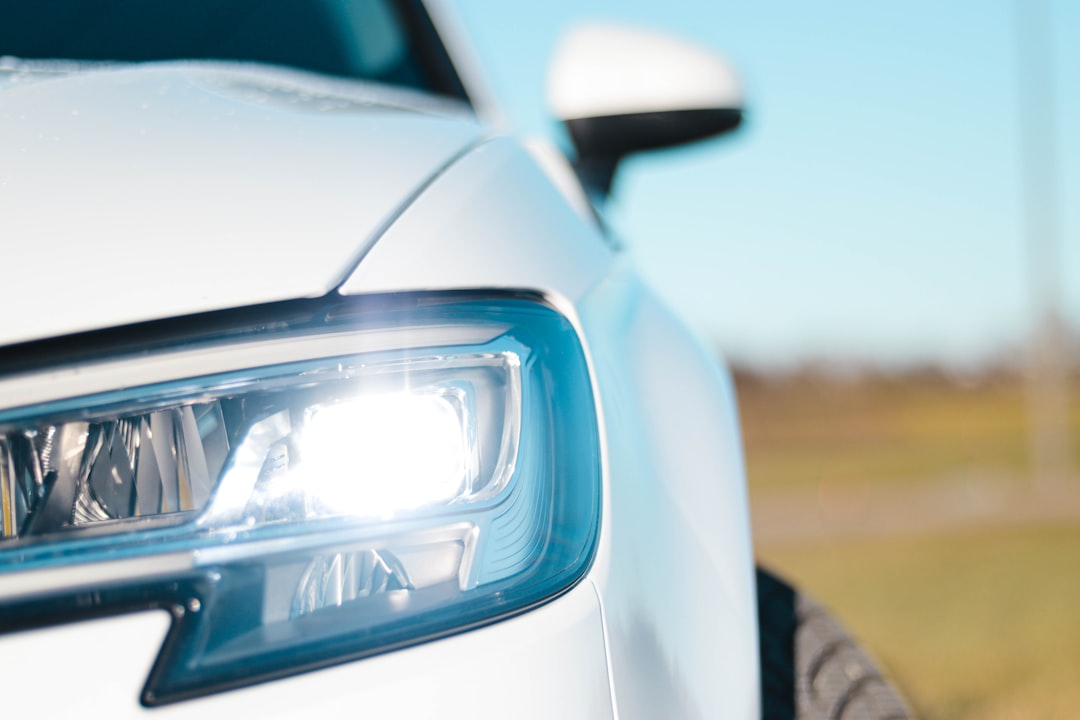Is Colorado The Most Repair-Friendly State in the US? Recent Victories Say “Yes.”
After passing agricultural and power-wheelchair reform, Colorado is poised to grab the mantle as the most repair-friendly state. Plus: how algorithms are tricking us into buying crap.
You can see our full breakdown of Colorado’s agricultural repair bill here.
Colorado cements another legislative win
Massachusetts has long carried the flag for the most progressive state in the nation: the first state to legalize same sex marriage in 2004, implement universal health care for its residents (so-called “Romneycare”) in 2006. More recent accomplishments include the Pregnant Workers Fairness Act of 2018, which prohibits discrimination in the workplace based on pregnancy or pregnancy related issues.
On repair, also, the Bay State has been in the vanguard of the right to repair movement. Massachusetts voters are the reason you are free to take your car to an independent mechanic or hoof down to AutoZone and get the parts and information to repair your car yourself. That’s because, after Massachusetts voters passed a state right to repair law in 2012 that granted access to diagnostic information needed to do repairs, automakers signed a memorandum of understanding (MOU) in 2014 that recognized the terms of that ballot measure nationally. In other words, Massachusetts state law created ripples that has tremendous impacts on the now 91% of households that own a car in the US.
But then there’s Colorado -a historically conservative Western state that, this week, cleared the way - with bipartisan support - for the nation’s first-ever agricultural right to repair bill to be signed into law. The bill will allow farmers to fix their own tractors and other agricultural equipment. And, it comes on the heels of a groundbreaking right to repair bill for power-wheelchairs that Colorado passed last year and the effects of which are already being felt (and celebrated). If signed by the governor, the agriculture-focused bill should provide more independent repair options for farmers, giving them access to the parts, diagnostics, and documentation they need to make repairs.
The state has proved the political durability of right to repair in the face of moneyed interested—since both bills faced opposition lobbying. Given repair will save farmers money, its a politically savvy move as well. Not only will the continued support from Colorado’s legislature continue normalizing the concept of right to repair within its borders, as we’ve seen before it sets precedent for others to follow.
Other News
FTC sends expert to California in support of right to repair bill. The Federal Trade Commission is getting more vocal in its support of the right to repair. Testifying on behalf of the Commission, Dan Salsburg, Chief Counsel for Development and Innovation in the FTC’s Bureau of Consumer Protection testified in California in support of a proposed state right to repair law. Salsburg addressed two of the justifications for repair restrictions. First, in the FTC’s 2021 Nixing the Fix report to Congress, the FTC found scant evidence that repair restrictions are necessary to protect repair workers and consumers from injuries that could result from improperly fixing a product or using an improperly repaired product. Second, the Nixing the Fix report found no empirical evidence to suggest that independent repair shops are more or less likely than authorized repair shops to compromise or misuse customer data or that providing them access to diagnostics and firmware patches would introduce cybersecurity risks.
With Ag right to repair bill poised to become law, a new report shows lack of Ag repair is really costly Manufacturers’ restrictions on service and repair and the resulting equipment downtime cost the average farmer more than $3,000 annually, according to a new PIRG report. That adds up to more than $3 billion in damage to agricultural producers in the U.S. each year, PIRG estimated. The same report analyzed U.S. Department of Agriculture (USDA) data and showed that farmers’ repair costs have nearly doubled over the past two decades for soybeans and corn, two commonly grown crops.
Kyle Wiens wants you to fix your broken thing. The companies that make it don’t.
In this podcast on WORT in Wisconsin, iFixit CEO Kyle Wiens joins guest host Patty Peltekos of A Public Affair to talk about the problem of planned obsolesces and the Right to Repair Movement.The right to repair is gaining momentum
To address abuses related to the use of design patents to limit competition and set the law back closer to where it used to be before activist judges and a power hungry Patent Office messed things up, Congress is moving to correct the situation. Darrel Issa, Chairman of the Subcommittee on Courts, Intellectual Property and the Internet has introduced a bill with bipartisan support to fix this problem. The Save Money on Auto Repair Transportation (SMART) Act would narrowly amend the design patent law to give car manufacturers 2.5 years rather than 14 years to enforce design patents on collision repair parts — things like fenders, quarter panels, doors, mirrors, taillights, etc.Critics have coined the term "renewables illusion," to describe the continued ecological harm that will continue if we focus on reducing carbon emissions only. Often employing a degrowth argument, critics of a renewable-focused future point out that toxic rare earth mining and the scarcity of critical minerals run counter to the “clean” and “green” future that is often painted—instead focusing on decreasing the amount of production and consumption of economies.
💭 Any degrowth scenario will need repair to extend the life of the objects we use everyday
Algorithms are pushing crap products on us, says Cory Doctorow. Goods purchased through highly targeted online ads (found on major social media platforms) are more likely to be overpriced and from vendors with poor ratings from Better Business Bureau, compared to products purchased through plain web searches. Doctorow says social media ads push overpriced junk, attributing this to companies paying more on targeted advertising and passing that price onto consumers while cutting corners on quality.
Car theft involving a smart headlamp's wiring, has been reported by automotive security experts. Evidence pointing to successful execution of a "CAN injection" allows thieves to introduce bogus messages as if they were from the car's smart key receiver, which can cause the security system to unlock the vehicle and disable the engine immobilizer. Thieves can gain network access by breaking open a headlamp and using its connection to the bus to send messages, after which they can manipulate other devices to steal the car.

Western nations are striking rare earth mineral deals to reduce their reliance on China for the precious metals, used in a wide range of electronics products, from smartphones to electric vehicles. China currently dominates the production of rare earths, with economies of scale giving it a significant advantage over other countries.
Influencer culture directly contributes to the growth of fast fashion, leading to environmental destruction says Kate Hayhurst at Her Campus. Social media personalities make their money on partnering with brands that want you to buy things, and as the influencer economy has continued to grow so too has the ecological damage of the low-quality goods they peddle. Shopping sustainably may be more expensive, but the quality of the product is better and reduces the energy and labor needed for production.




